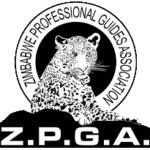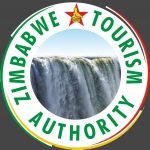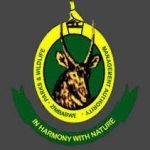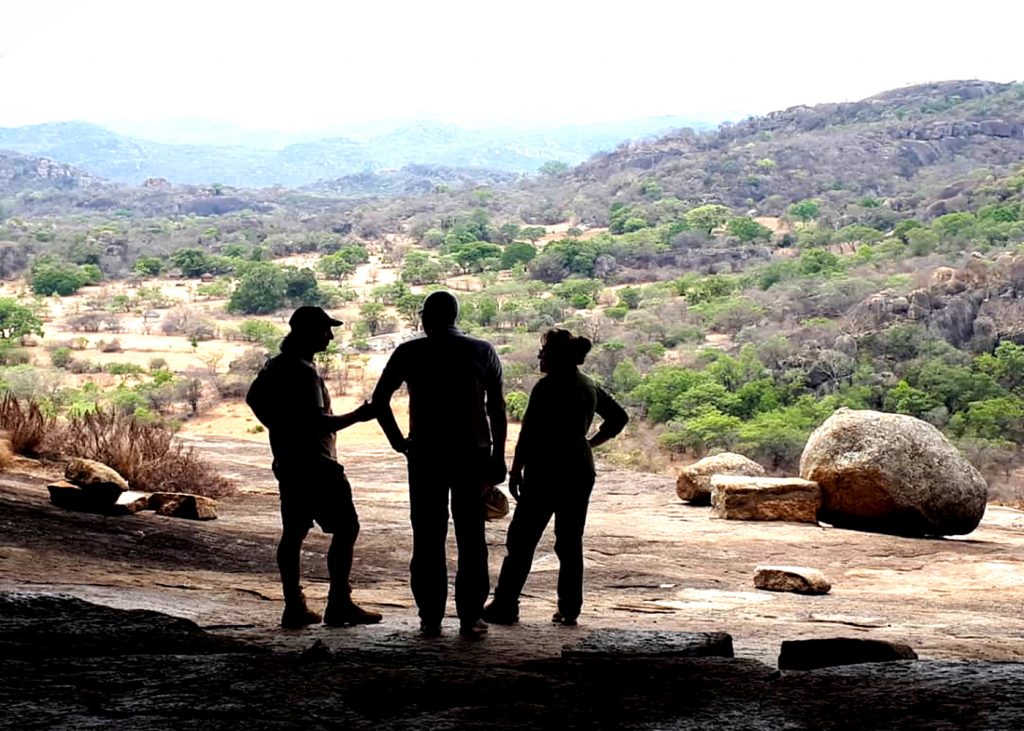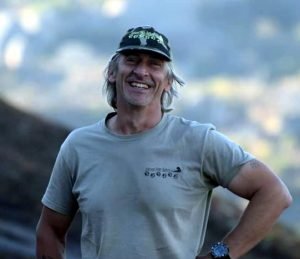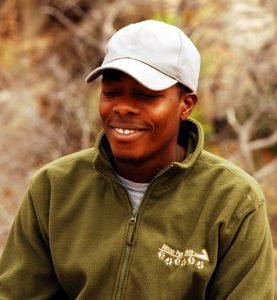Sustainable tourism is committed to developing and managing tourism activities in a way that benefits the environment, local communities and visitors, maximizing these effects without, however, putting excessive pressure, abusing or exausthing the natural and cultural resources. Another name for sustainable tourism is ìGreen Tourismî and refers to tourism management strategies aimed at conserving energy and water, as well as reducing waste and risks for the environment.
We adhere to this tourism policy and are committed to implementing sustainable tourism in the following ways:
– Operating trips within natural and conservation areas. This type of travel brings valuable currency into the bodies that manage conservation areas, environment, wildlife and vegetation. But it also leads to the maintenance and creation of jobs for the local communities, establishing a new and more virtuous way of seeing wildlife and nature: no longer as an exhaustible resource of food, firewood or animal parts to be trade illegally, but an opportunity to legally and sustainably improve communities’ living conditions. When local communities understand that an elephant is more profitable when it is alive rather than dead, we have saved the species from extinction.
– Providing as much information as possible to our guests, so that they not only enjoy experiences, views and pleasant encounters, but also obtain basic education about the natural processes of the environment, habits and behaviors of animals, use of plants, geological origins of the areas and much more. This information, beside allowing the visitor to better understand what they are experiencing and notice what otherwise would remained hidden, also develops in the guests a new awareness and a renewed respect for the environment.
– Visiting places of cultural interest and providing information about the culture and society of the places visited, so that you can better understand the past and present of the destination.
– Interacting with the local population, especially in rural areas, in order to promote intercultural exchange and the local micro economy (markets, etc.).
– Supporting organizations engaged in environmental protection, in the training of staff operating in the conservation, in the recovery of disadvantaged people (orphanages, etc.).
– Operating in an ecologically sustainable way, paying attention to the production, management and disposal of waste, saving water and electricity, minimizing noise pollution.
– By adhering to local regulations and legislations, because operating legally allows to support the Bodies and Authorities responsible for the conservation and the management of tourism. Illegal operators do not help sustainable tourism, but they corrode it to the foundations.
– Support for local initiatives, which would be irrelevant if it were not supported by your contribution while traveling with us. Most of the donations addressed to these initiatives comes from you, dear guests, and for this we thank you indeed.
Among the many initiatives present in the area, we support the New Start Orphanage of Harare, the conservation org The Tashinga Initiative, based in Harare and operating in the Zambezi Valley; the conservation org IWCF, which supports and raises funds for conservation initiatives in Zimbabwe.
ETHICAL AND SUSTAINABLE BEHAVIOUR IN THE CAMP
Water is a precious resource and must be respected and saved. Turning off the shower or sink tap when you are not using water saves a huge amount of water.
Paper, wood and some organic waste can be burned on the camp fire, whilst plastic and plastic materials must be collected and taken out from the natural conservation areas, where they will be disposed off appropriately. Burning plastic materials produces dioxins and other toxic and highly polluting components that spread into the environment.
Glass (bottles, jars, etc.) and metal (bottle caps, can, etc.) must be collected and taken out of natural conservation areas, where it will be properly disposed.
Exhausted batteries from electrical equipment are highly polluting, so we will be grateful to all guests if they would kindly help us keep the impact of our travels sustainable by taking back home their exhausted batteries.
In order to save energy and reduce polluting waste such as batteries, lights in our camps is provided almost exclusively by means of candles and fireplace.
In camps where toilets will not be available, we will provide special paper bags in which we invite you to leave used toilet paper, used tissues and other combustible material used for personal hygiene, so that it can be returned to the camp without embarrassment and burnt into the fire.
Particular attention must be paid to smokers! The butts must absolutely not be left on the ground, but turned off and collected in the appropriate bags or occasionally thrown into the fire.
